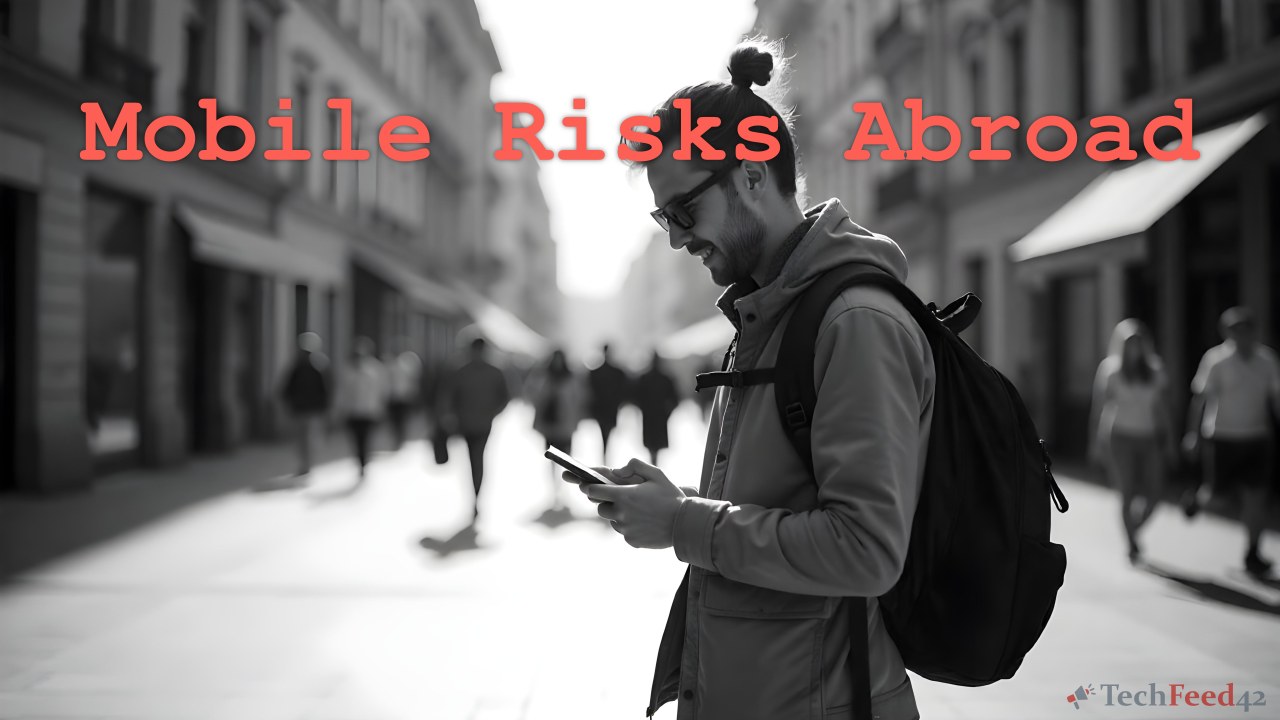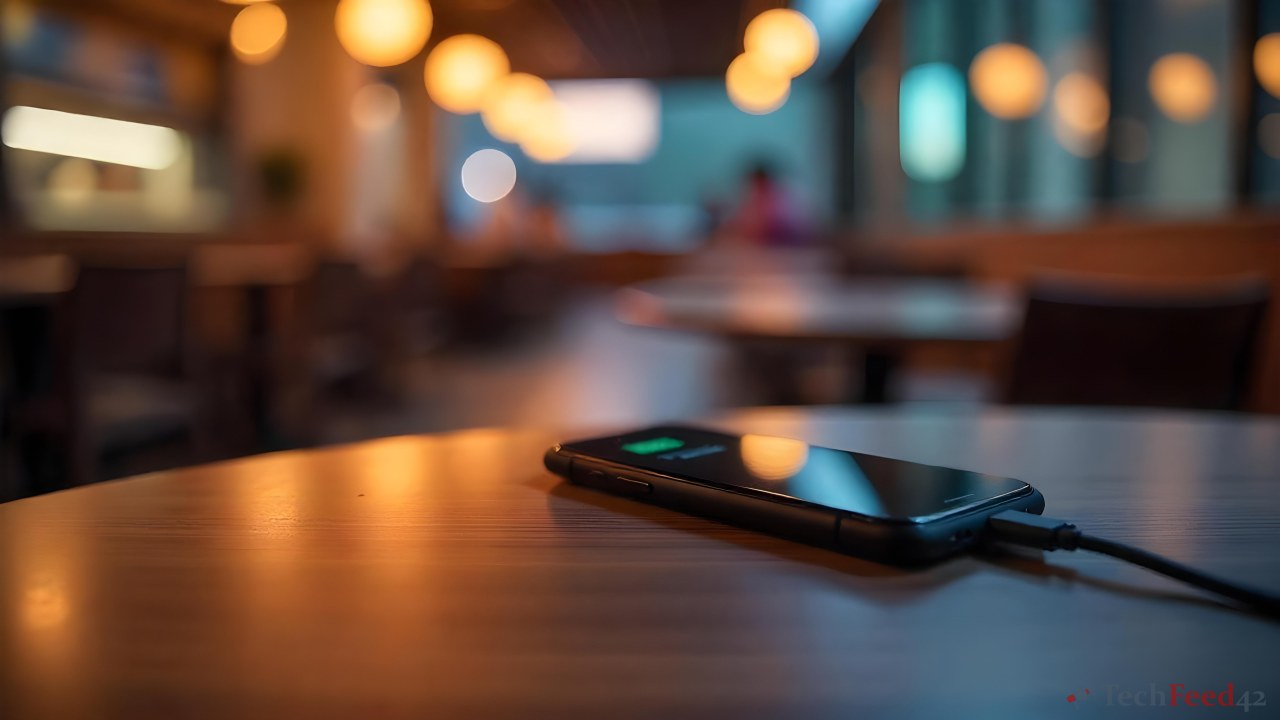Traveling with a smartphone is almost unavoidable today, but it also comes with risks. Whether passing through an airport, staying in a hotel, or exploring a busy city, mobile devices are prime targets for theft, spying, and cyberattacks. This guide offers practical tips to help protect Android phones from common threats like juice jacking, unsecured Wi-Fi, and unauthorized access while on the go.

Physical Theft Is Still a Big Risk
One of the biggest threats during travel is physical theft. Busy airports and crowded streets are ideal environments for pickpockets. It’s important never to leave a phone unattended – not even for a second. Keep it in a front pocket or a secure, zippered bag. In hotel rooms, use the safe if available, or take the phone along when leaving.
Enabling a screen lock with a strong password or biometric login is essential. This makes it much harder for someone to access the device if it’s lost or stolen. Android users should activate the built-in Find My Device feature to track or wipe the phone remotely if necessary.
Juice Jacking: A Hidden Danger
Many travelers are unaware of a threat known as “juice jacking”. This occurs when a phone is plugged into a public USB charging station and data is stolen or malware is installed through the connection. To stay safe, avoid plugging into unknown USB ports.
Instead, travel with a fully charged power bank. If a wall outlet must be used, always use a personal charger and cable. A USB data blocker can also offer an added layer of protection by allowing charging without data transfer.
Wi-Fi Can Be a Trap
Free Wi-Fi is convenient but risky. Hackers can set up fake networks or monitor activity on public ones. Avoid logging into sensitive accounts or accessing private data on unsecured networks.

Using a VPN (Virtual Private Network) is highly recommended. A VPN encrypts internet traffic and protects data from surveillance. Several reliable VPN apps are available for Android devices and should be installed before traveling.
Know Your Android Login Info
Knowing Android login credentials is essential. If a device goes missing, being able to quickly sign in to a Google account enables remote tracking, locking, or data wiping. Regular backups to Google Drive are also recommended to avoid data loss.
It’s easy to forget a password or face login issues while traveling, especially internationally. Store login information in a secure password manager that’s accessible from multiple devices if needed.
Disable Auto-Connect and Bluetooth
The auto-connect feature for Wi-Fi should be disabled. Automatic connections can lead a phone to join unsafe networks unknowingly. Always choose and connect to networks manually.
Bluetooth should also be turned off when not in use. Leaving it on can expose the device to security risks, especially in crowded environments. Disabling it also helps conserve battery life – always helpful when outlets are limited.
Be Careful at Hotel Rooms
Even in hotel rooms, mobile security matters. Hotel safes vary in quality, and some may not be truly secure. Avoid leaving a phone charging unattended. Instead, charge while present or rely on a personal power bank.

Never leave devices near windows or in unsecured bags. Hotel staff and maintenance may access rooms, so treat the phone like a passport – something to keep close at all times.
App and Software Safety
Only download apps from the Google Play Store, especially while abroad. Avoid third-party app stores, which are more likely to host malicious software. Before departing, update the device’s operating system and apps to ensure the latest security patches are in place.
Turning on automatic updates can help ensure that important fixes are applied promptly without requiring user intervention.
Keep an Eye on Permissions and Activity
Check app permissions regularly to ensure they make sense. Limit access to location, camera, and microphone wherever possible. Unusual activity – such as sudden battery drain, unknown apps, or frequent pop-ups – may indicate malware.
Running a mobile antivirus scan and removing suspicious apps can stop problems before they grow. Being proactive with security is far easier than fixing a compromised device.
Stay Aware and Prepared
Mobile security while traveling comes down to awareness. Be mindful of charging habits, network choices, and surroundings. A little extra caution can prevent big problems.
Building strong security habits ensures a safer, smoother travel experience. With just a few simple strategies, it’s possible to stay protected from threats like juice jacking, theft, and network snooping – no matter the destination.


